The 10 best podcasts to fall asleep to, approved by sleep experts
Struggling to nod off? Tune into these best podcasts to fall asleep to for a refreshing snooze...
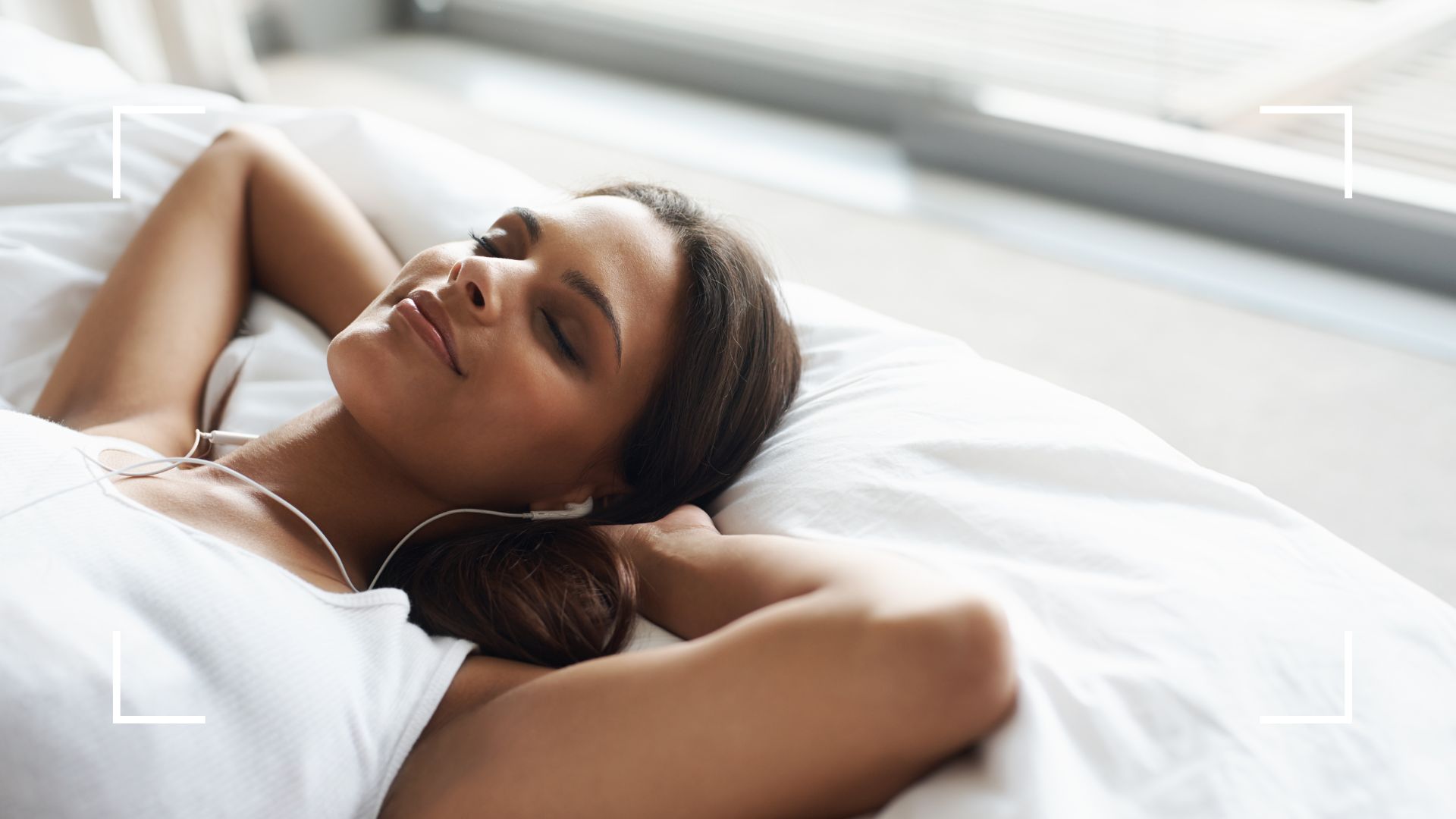

Discovering the best podcasts to fall asleep to can be well worth your time if you're struggling to fall asleep. After all, a consistent lack of quality shut-eye can have a great impact on our mental and physical health. In the short term, it can cause problems with concentration and greater irritability, while over a longer period it can lead to an increased risk of adverse health conditions.
This makes finding ways to help you nod off, to achieve those optimum seven to nine hours of sleep, key. One of the best tools is audio, given that it's easily accessible for many people and doesn't require you to have the lights on or look at a bright phone screen, it can be very effective in helping prepare your body for deep slumber. Plus, several podcasts have been specially designed for this purpose.
We've called on the experts to share their top podcast recommendations for tackling sleeplessness and helping us learn how to sleep better. They've chosen a wide range of different options, including subtle ASMR, some of the best sleep-guided meditations, calming storytelling, and soothing nature sounds. Just like the best podcasts for self-improvement, you can start reaping the benefits of these sleep podcasts straight away. All you need to do is hit download on your favorite audio app, place your phone on your bedside table, let your head fall onto your pillow, and wave goodbye to counting sheep once and for all.
Best podcasts to fall asleep to
1. Sleep Whispers
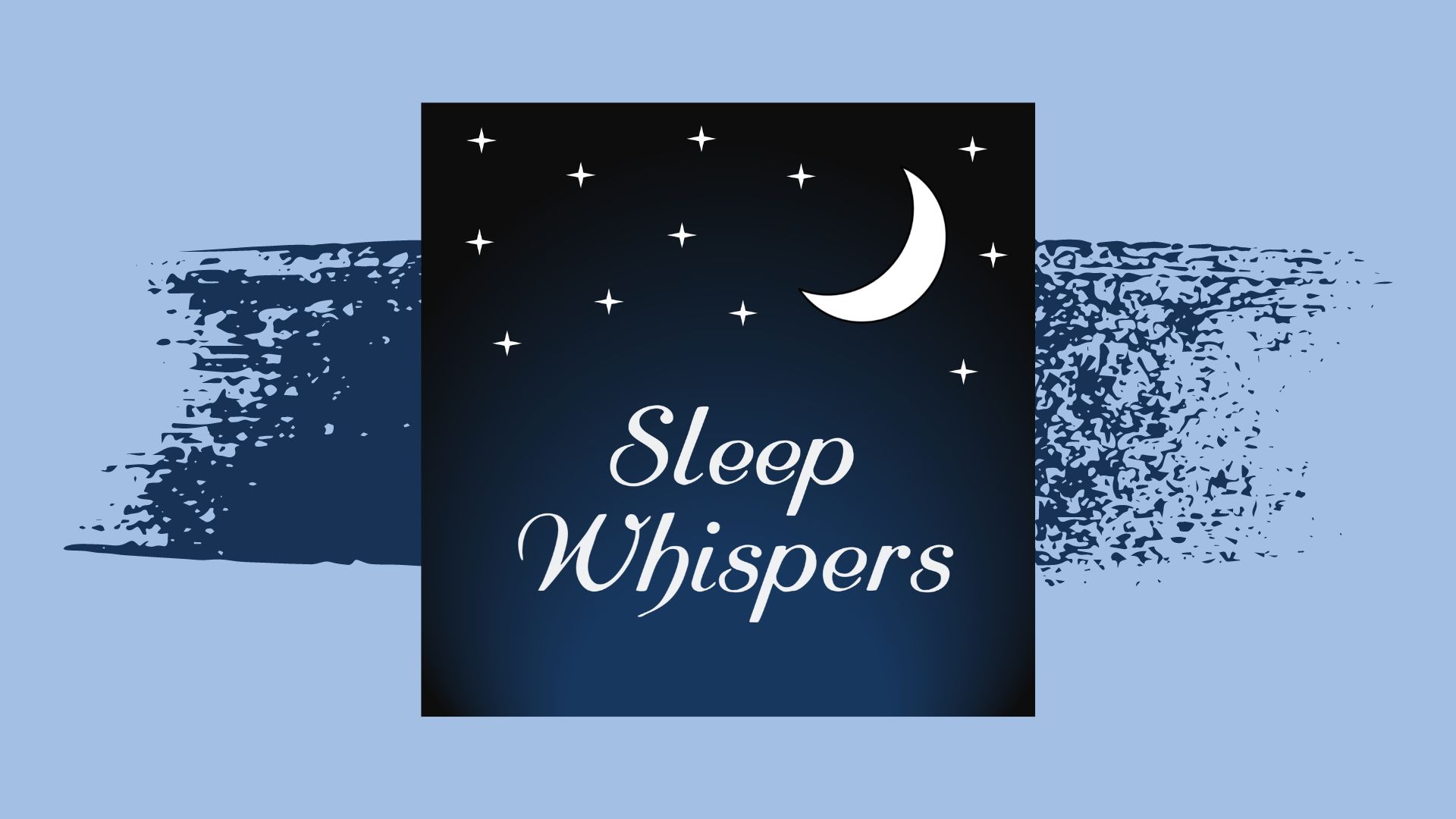
If you are already a fan of ASMR for sleep - which stands for Autonomous Sensory Meridian Response - for chilling out, then the Sleep Whispers podcast is ideal for helping lull you into restful shut-eye. It describes itself as "whispered readings and ramblings for relaxation and sleeping" using "soothing meditations, interesting stories, tranquil poems, and educational Wikipedia articles". This includes listening to a calm and quiet voice read out an entire 173-strong list of misspelled words as well as solve 40 simple maths problems.
"This podcast digs into ASMR and makes people aware of its potential benefits," says Susan Miller, an RPSGT-certified sleep expert. "In most episodes, it uses a soothing voice to help you learn more about renowned personalities, concepts, or famous companies." The lead researcher at SleepMattressHQ.com adds, "I think the quality of voice helps people stick to the podcast week after week."
- Listen on Apple Podcasts
- Listen on Spotify
2. Sleep Sounds By Nature
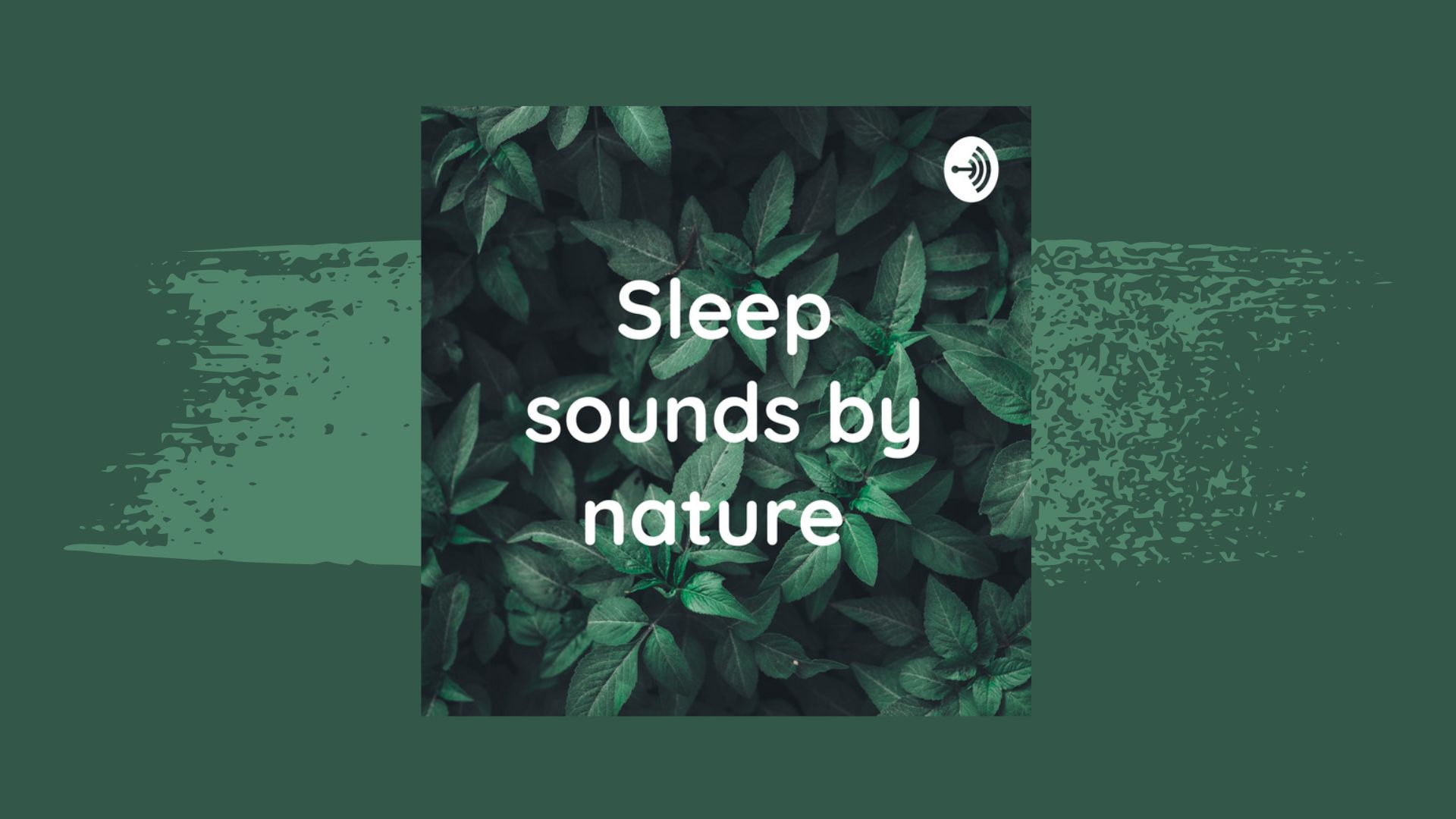
The Sleep Sounds By Nature podcast is one of the best relaxing podcasts to tune into at night. Its episodes, some of which have several hours of running time, feature calming nature sounds and background noise to ease whirring thoughts and get you into the headspace for deep sleep. New examples include the pitter-patter sound of rain and a babbling brook.
"This is my favorite podcast," notes Emma Roberts, a level 6 sleep consultant and counselor, who explains that there are specific sounds that can help people fall asleep - like ocean waves, raindrops, and flowing water. "They can help to relax your mind as your brain senses them as non-threatening, helping to lower blood pressure, slow breathing and allow your heart rate to beat less frequently, aiding the body in preparing for sleep. They also help reduce stress and anxiety, which can also be key."
Sign up to our free daily email for the latest royal and entertainment news, interesting opinion, expert advice on styling and beauty trends, and no-nonsense guides to the health and wellness questions you want answered.
- Listen on Apple Podcasts
- Listen on Spotify
3. Sleep With Me
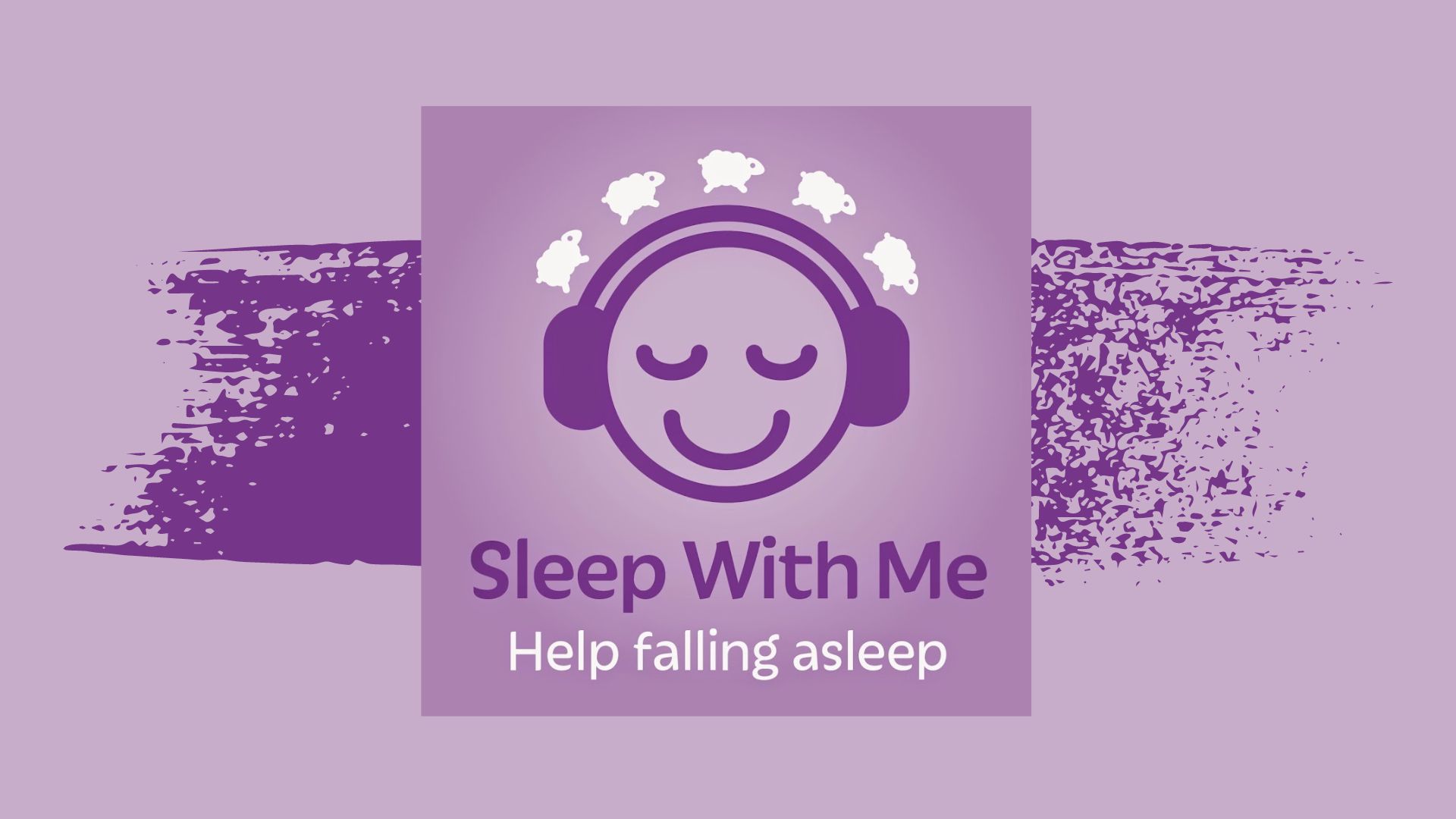
Remember bedtime stories as a kid? The Sleep With Me podcast - first started by host Drew Ackerman a decade ago after experiencing his own struggles with childhood insomnia - brings them back with a focus on easing insomnia and a racing mind. They are described as letting you "forget your problems" and they progressively get "more boring until you fall to sleep". All you need to do, they say, is "get in bed, press play, close your eyes, and drift off into dreamland".
"This podcast features meandering stories that are intentionally designed to be sleep-inducing," says Nicole Eichelberger, a BSM-certified sleep expert specializing in insomnia, apnea, and circadian rhythm disorders. "By combining a soothing and monotonous storytelling style with gentle humor and tangential asides, it can distract listeners from their racing thoughts and lull them into a state of relaxation conducive to nodding off." The consultant at Mattressive adds: "Additionally, the absence of cliffhangers or exciting plot twists ensures that listeners can comfortably doze off."
- Listen on Apple Podcasts
- Listen on Spotify
4. Nothing Much Happens
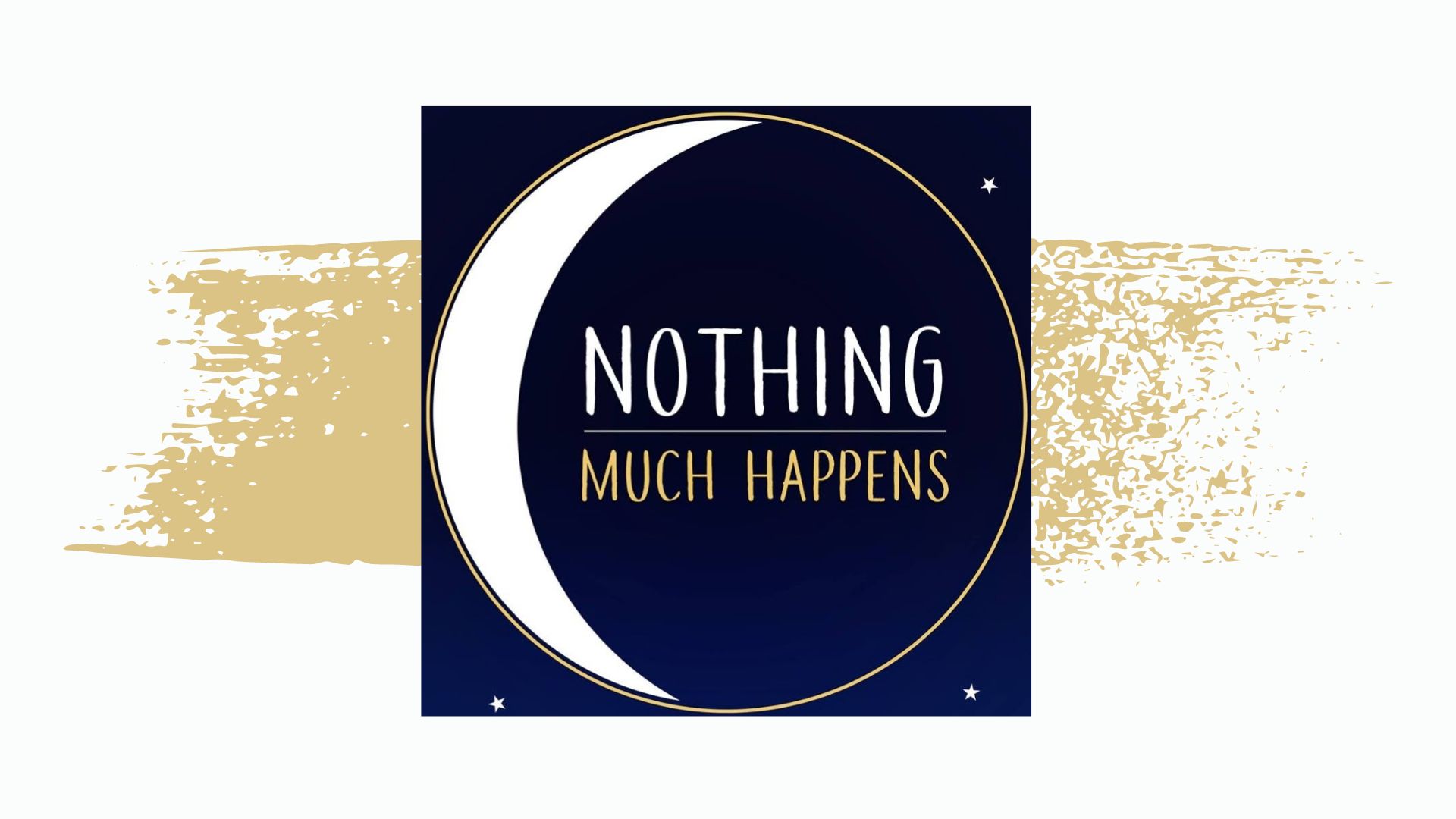
If you're having trouble sleeping then the Nothing Much Happens podcast is one of the best podcasts to fall asleep to, making it one of the best sleep aids as well, according to many experts. It is hosted by yoga and meditation teacher Kathryn Nicolai, who reads out bedtime tales where - as you've probably guessed - nothing much happens, so you slip into a relaxing snooze. As they explain: "The stories are a soft landing spot for your mind. Rather than letting your brain race through the same thoughts you’ve been chasing all day, we are taking a detour to a calm and comfy place." Even more clever? The story is told twice but at a slower pace the second time.
It is the recommendation of Valerie Cacho, a triple board-certified doctor in integral, sleep, and integrative medicine. "This is a great podcast to listen to at night to help your brain wind down, relax and go to sleep," explains Cacho, who is also the founder of Sleephoria. "The host Kathryn has a soothing voice and starts with breathing exercises, before then reading a non-stimulating story at a slow, steady pace."
- Listen on Apple Podcasts
- Listen on Spotify
5. Slow Radio
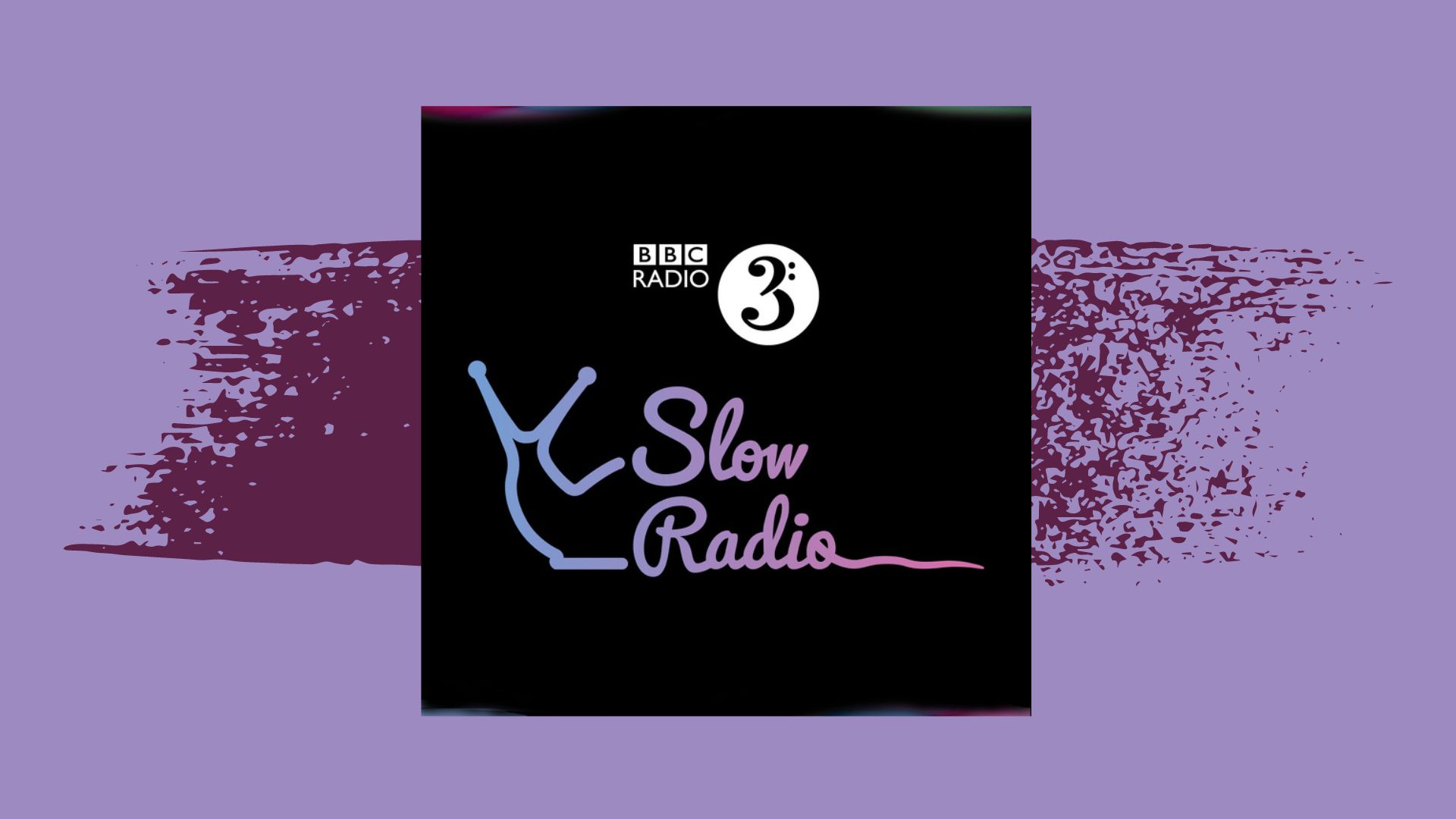
Not a sleep-focused podcast as such, but one that can help you wind down just as effectively thanks to its array of episodes featuring nature sounds and relaxing music. The Slow Radio podcast, created by the BBC in the UK, describes itself as an "antidote" to the frenzy of the modern world and the show aims to encourage everyone to "step back, let go" and "immerse yourself" in sound.
"I've recommended this to clients who are having trouble switching off at bedtime because you can drift off to the soothing sounds of birds or water movement," says Dr Lindsay Browning, a psychologist and neuroscientist. The sleep expert for And So To Bed adds, "In the short term, it can help when you're facing a new or infrequent sleeping problem."
- Listen on Apple Podcasts
- Listen on Spotify
6. Brown Noise For Sleep
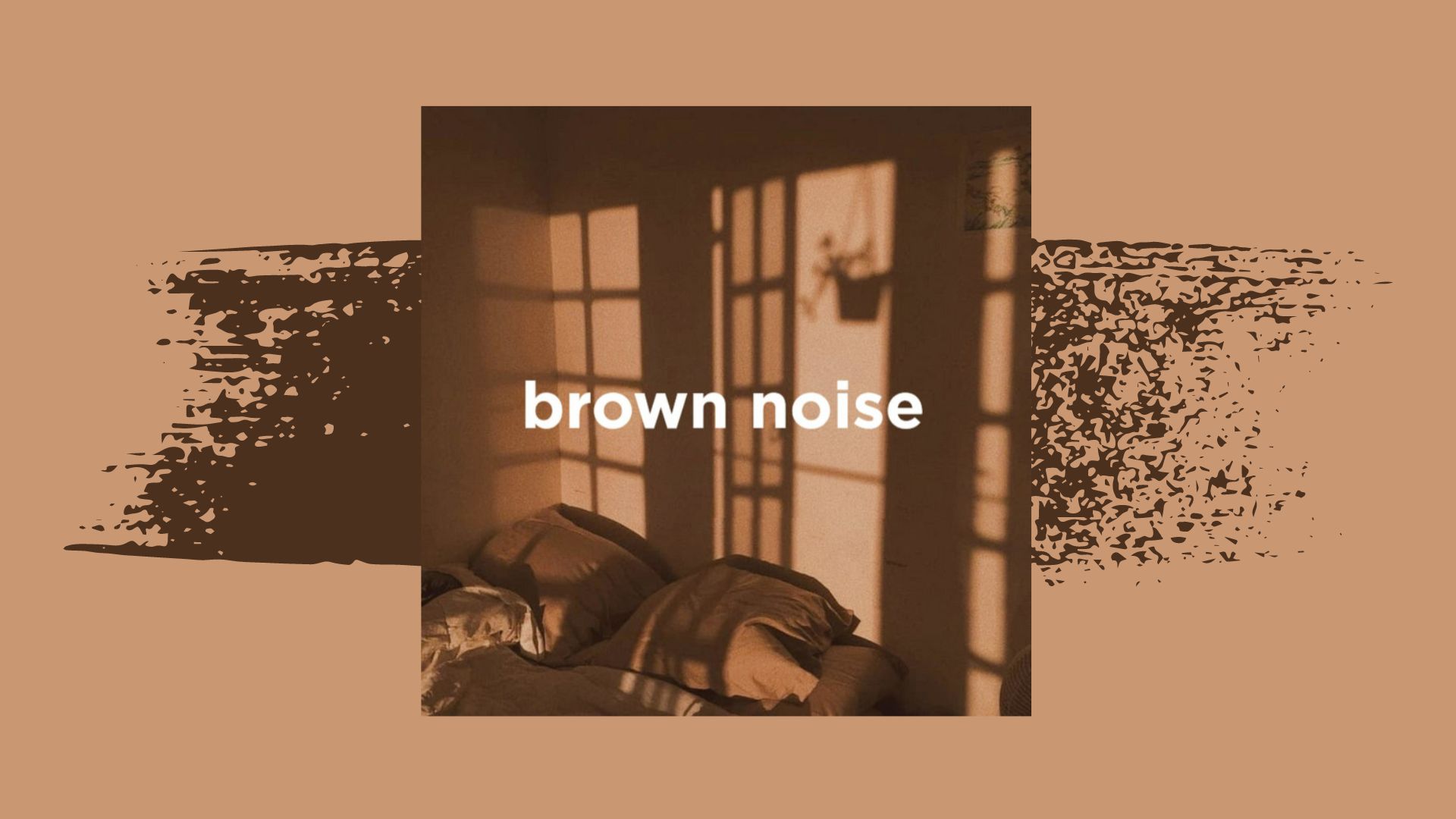
You've probably heard of the benefits of white noise at night (queue the invention of the best white noise machines), but brown noise is the next big thing to hit the sleep sound world. The Brown Noise For Sleep podcast claims to help you "get the best sleep of your life" using brown noise for sleep, which is a set of rumbling, lower-frequency sounds.
"Brown noise is similar to pink noise but with even lower frequencies," explains certified sleep consultant Alison Jones, "It helps with relaxation, which can induce sleep, and it's more akin to strong winds or the ocean surf during a storm." The podcast does also offer pink noise - which is a consistent frequency of ambient noise that has a lower pitch than white noise - along with unique sounds we haven't heard on other podcasts before, like airplane cabin audio.
It was the brown noise that was key for Jones, who works with Sealy, when it came to choosing the best podcasts to fall asleep to though. "Some people find themselves disturbed by even the slightest noise during the night. Creating a constant background of soothing sounds can help mask disturbances and eliminate these disruptions, helping you to fall and stay asleep," she says.
- Listen on Apple Podcasts
- Listen on Spotify
7. Dreamful Bedtime Stories
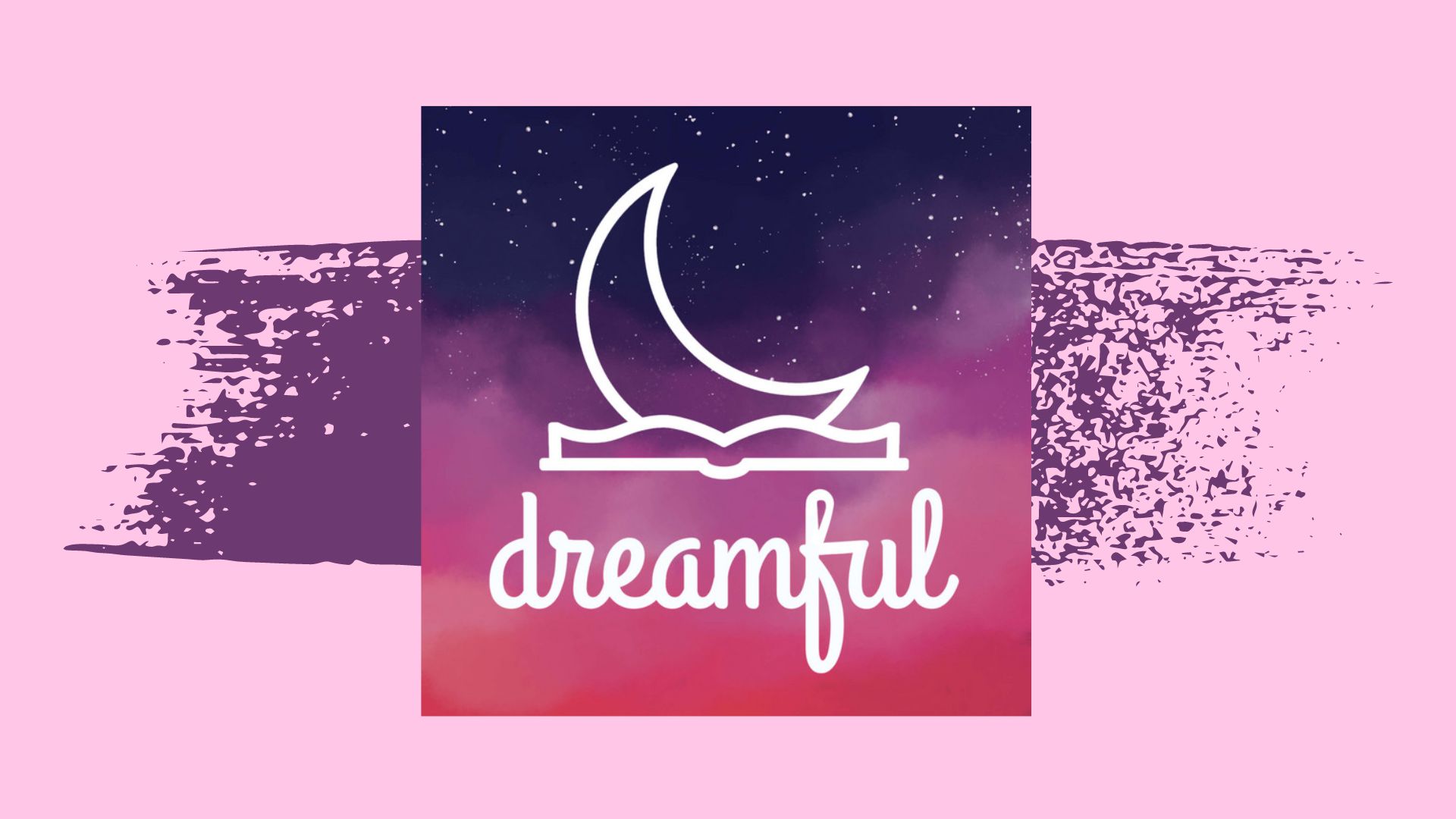
The Dreamful Bedtime Stories podcast is another show that helps you nod off using storytelling, much like Sleep Whispers. In each episode, there is a story accompanied by music, specially designed to bring about deep sleep. Some of the best stories include the familiar tales of Shakespeare's Romeo & Juliet and The Wonderful Wizard of Oz.
"It is a sleep podcast that combines soothing music with imaginative sleep stories aimed at inducing sleep in listeners," says Eichelberger. "I recommend Dreamful to anyone who loves relaxing music. It will unwind and distract your mind from anxious thoughts, providing a gentle and comforting atmosphere that facilitates restful sleep." She adds that it is also suitable for children if you're on the hunt for a kid-friendly option as well.
- Listen on Apple Podcasts
- Listen on Spotify
8. Tracks To Relax
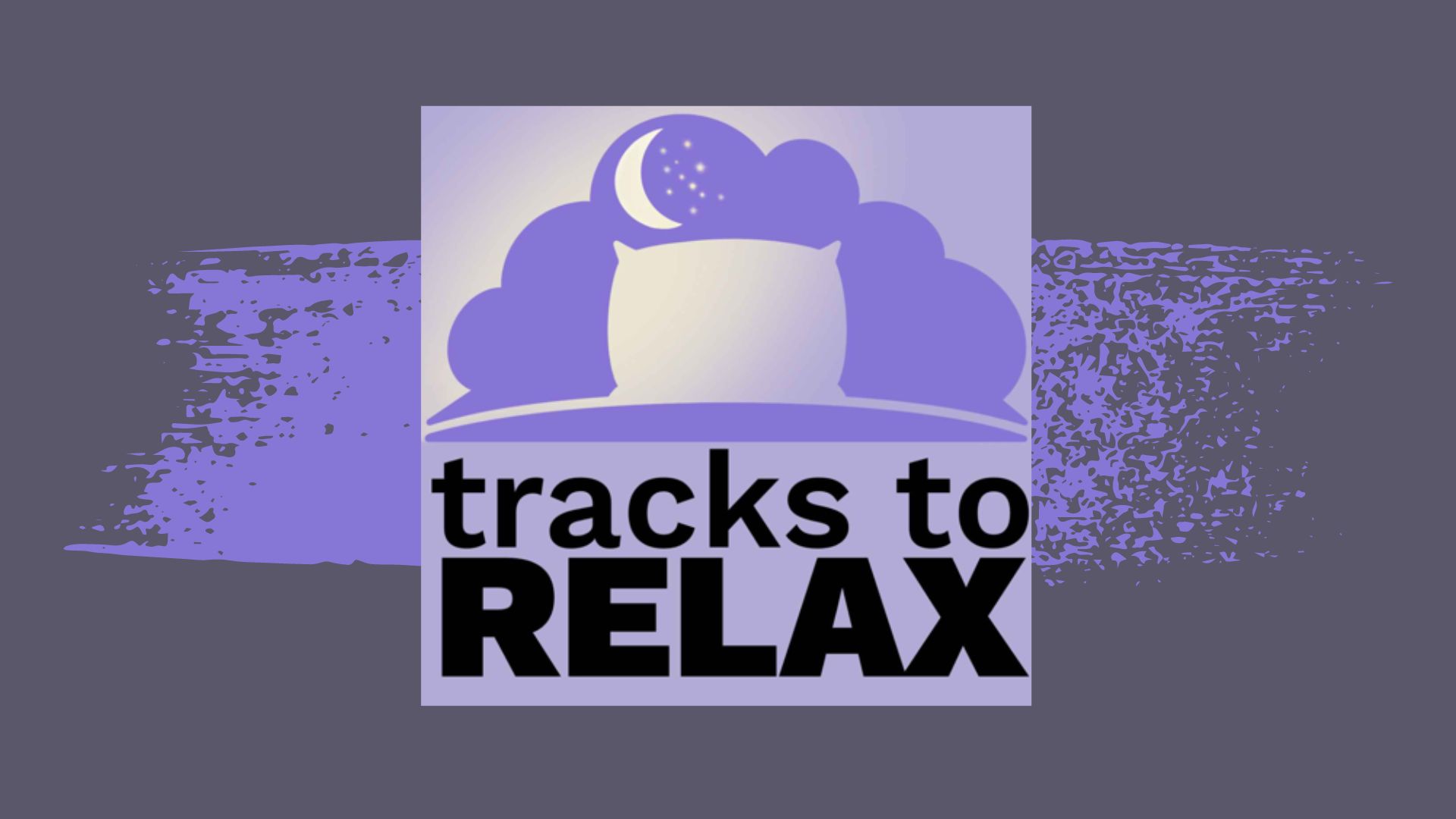
Are you a fan of the best meditation apps but want to switch up the practice to help you sleep, without looking at your phone screen before bed? The Tracks To Relax podcast will guide you through the practice so you fall asleep quickly come bedtime. The meditations aim to take you on "peaceful journeys to faraway lands", allowing you a distraction from everyday life when you get into bed every night. There are new episodes released weekly and recent editions have included a focus on dealing with uncertainty and saying goodbye to the winter blues.
It's another recommendation of Eichelberger. "[This pick of the best podcasts to fall asleep to] provides guided meditations designed to help you relax and fall asleep quickly at bedtime," she explains." The variety of topics and lengths available are two of the unique features, so this could be one for those that like to listen to podcasts every night but tend to get a little tired of listening to the same ones over and over again.
"The range of options makes it easy for listeners to find a meditation that suits their specific needs and preferences. They often release new episodes so the podcast will never get boring for you," she adds.
- Listen on Apple Podcasts
- Listen on Spotify
9. Get Sleepy
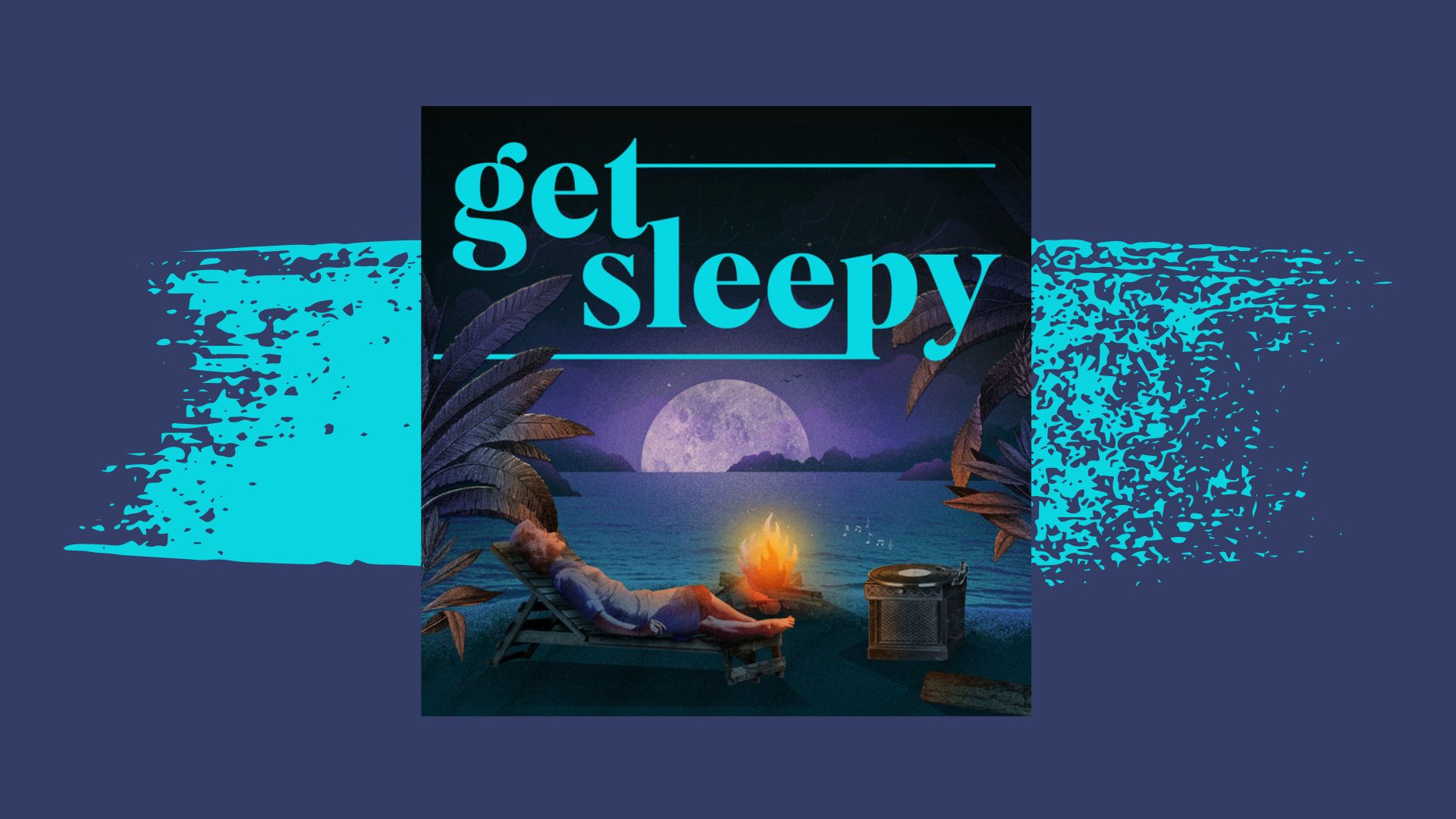
If you're still struggling to sleep and you want to learn how to sleep better, The Get Sleepy podcast could be for you. It does just as the name suggests and aims to offer unique stories to help calm your mind and relax your body, helping you get ready to sleep. Much like Sleep Whispers, this podcast offers episodes on just about anything to help you drift off. Some of the favorites are a sound bath, a sleep-inducing history of roses, and episodes dedicated to bringing about the feeling of a tranquil day at the beach.
It's the recommendation of Dr Naomi Newman-Beinart, a chartered psychologist. "Their collection of stories with gentle music is designed to help you relax and get to sleep," she explains. "It begins with a meditation to help you fully relax and let the story wash over you. There are almost 300 episodes so plenty to choose from".
- Listen on Apple Podcasts
- Listen on Spotify
10. Sleep Meditation Music
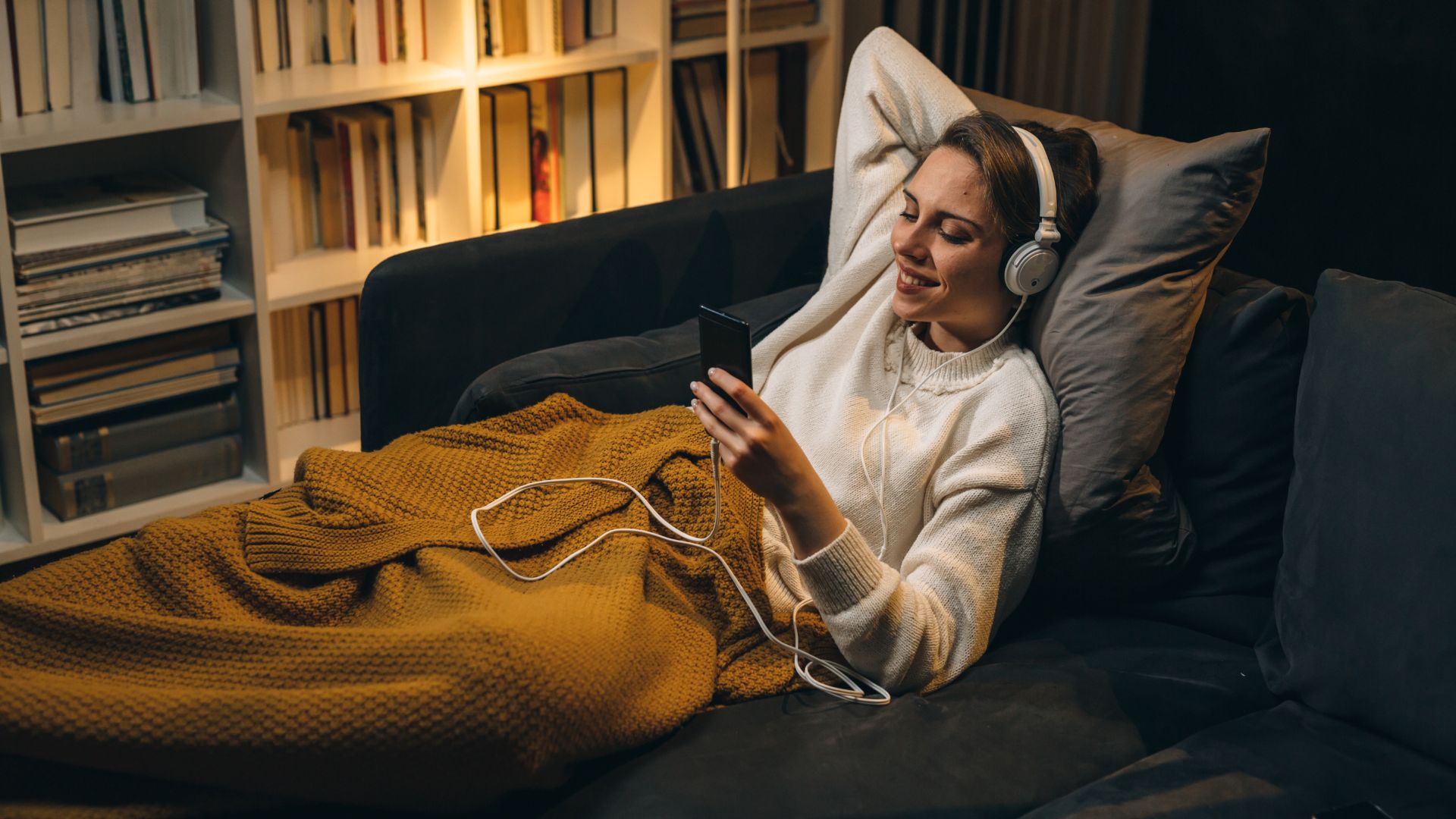
The Sleep Meditation Music podcast is available on YouTube, rather than Spotify or Apple Podcasts, so it's ideal for anyone who doesn't want to sign up for either streaming service. It's very similar to many of the other best podcasts to fall asleep to on our list though as it offers meditation, inspiring talks, guided visualizations, and of course, relaxing music.
This podcast is hosted by Jason Stephenson, who has been studying the positive effects of meditation and relaxing music on the mind for over 15 years and has an impressive 2.95m subscribers to his YouTube account. New episodes are released every week and, among the hundreds of videos already available, some recent uploads include a program to get to sleep in seven minutes and a tutorial on how to get back to sleep after waking up in the middle of the night.
"Jason Stephenson is understandably a popular choice since he has a soothing voice and can be very relaxing to listen to," explains Anna Campkin, a fully qualified life coach and NLP practitioner, who is working with Goldster. "Several colleagues and coaching clients use his bedtime meditations and swear by them."
- Listen on YouTube
How long should it take to fall asleep?
It is estimated that around half of adults in the US are affected by sleep deprivation, according to a study by Huazhong University of Science and Technology. More specifically, research published by Arizona State University found that a third snooze for less than six hours each night, which is significantly less than the recommended eight to ten hours. There is also evidence, as reported in a study by Brigham and Women's University linking it to an early death, which is why it's so important to make sleep a key focus.
"Ideally, it should take less than 20 minutes to fall asleep," says Cacho. "If you can’t fall asleep within this time, get out of bed. Create a relaxing bedtime routine and pay attention to your sleep rituals, being aware of your state of mind and energy levels at night to prepare yourself for sleep. The last hour of your day needs to be devoted to rest to allow your brain waves to slow down, which then leads to restful sleep." This is all important when considering the best time to sleep and wake up, as you'll need to factor this hour into the schedule.
However, there is such a thing as falling asleep too quickly. "It's important to note that if it takes less than five minutes to fall asleep or if you 'pass out as soon as you hit the pillow', it's a sign of excessive sleepiness. This can be caused by non-insomnia sleep deprivation or another sleep or health disorder," notes Tracy Hannigan, a qualified sleep therapist for adults with insomnia, who is recognized by the Society for Behavioural Sleep Medicine.
Tips for a good night’s sleep
- Be sleepy: "The most important thing for helping aid natural sleep is to ensure that people only go to bed when they are truly sleepy, not just fatigued - in combination with getting up at a consistent time every morning," says Harrigan. "This means avoiding 'going to bed early to catch up' or 'sleeping in'. This can help build or maintain sleep drive for those whose sleep drive might be weakened by these behaviors."
- Add habits: "Getting light first thing in the morning, alongside eating some breakfast, is also hugely helpful in anchoring the sleep cycle, which starts when we wake for the day," notes Harrigan, pointing to habits for creating better sleep hygiene routines.
- Move more: "Physical activity helps to use up energy, promoting deep and restful sleep," suggests Eichelberger. "Regular exercise resets the body's internal clock and increases energy levels, making it easier to fall asleep and stay asleep. Even simple activities like walking for meditation are beneficial."
- Wind down: " Have a sleep-free hour before going to bed to help your body and mind unwind after a stressful day," recommends Eichelberger. "Screens can strain your eyes and interfere with the production of melatonin, so it is important to avoid them. Instead, engage in calming activities like reading, meditating, or writing to promote relaxation and facilitate a deeper sleep."
- Reduce temperature: "Keep your room comfortable and as cool as possible," says Cacho. "At night when we sleep, our metabolism slows down. When it is too hot, the cells keep moving, making it hard to relax and fall asleep. Interestingly, I have fewer patients with insomnia in winter than in the summertime and it's because their being hot prevents them from good sleep."
- Fuel carefully: "If you are hungry, eat something light, healthy, and high in fiber like kiwifruit, which research has linked to better sleep," advises Cacho. "As for drinks, avoid caffeine in the late afternoon or evening. It can stick around six to eight hours, and even up to 12 hours in some cases. It may be better to switch to herbal tea or decaf in the afternoon or one of the other healthy alternatives to coffee. Also, try to avoid consuming alcohol before bedtime to avoid disrupting your sleep stages."
- Seek help: "I recommend talking to your doctor if you face continued sleep difficulties," says Cacho. "You may have undiagnosed sleep conditions, for example, sleep apnea - a sleep disorder in which breathing repeatedly stops and starts - is very common."
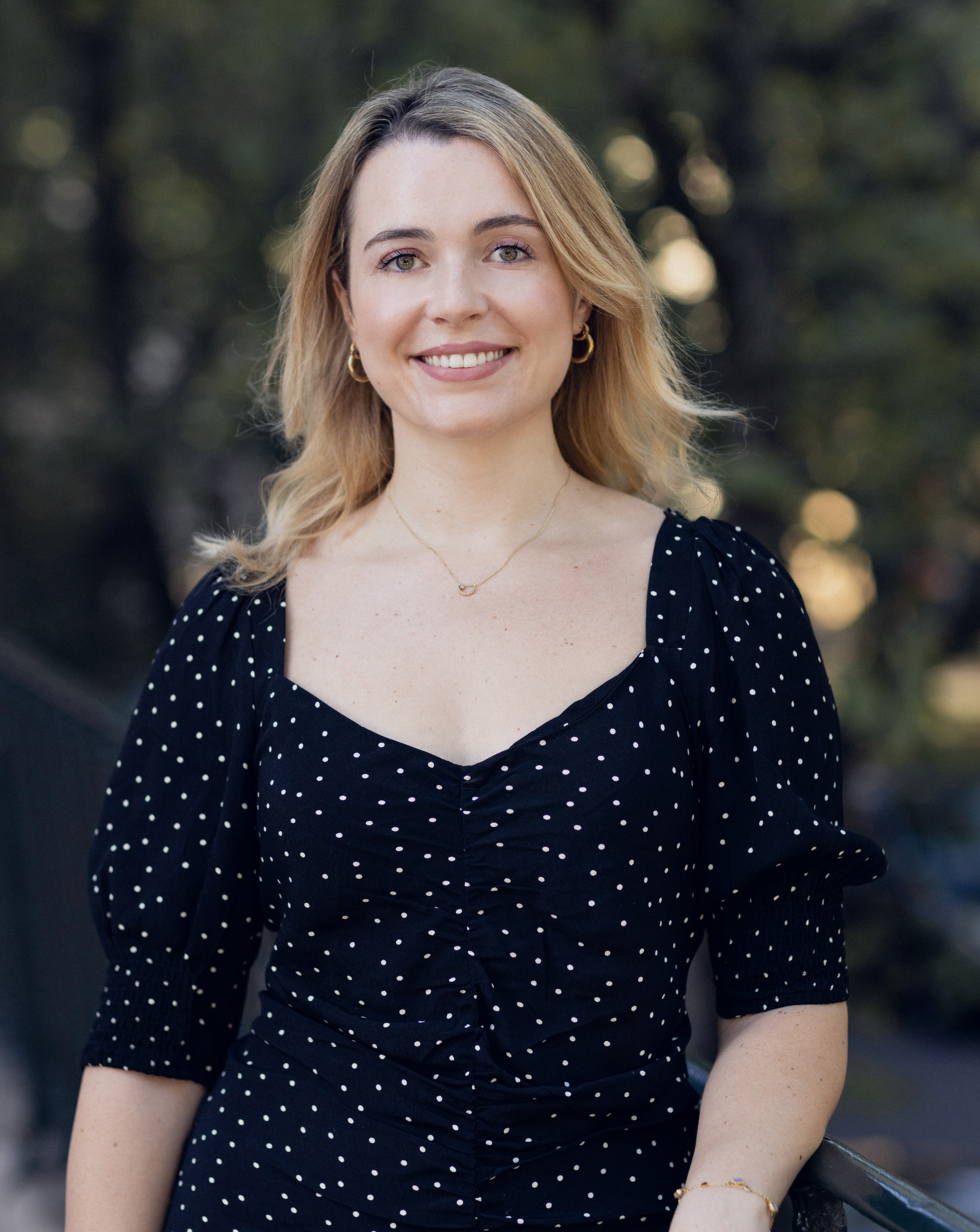
Lauren is a freelance writer and editor with a decade of print and digital journalism experience. While she specialises in covering health and wellness topics - ranging from nutrition and fitness, to women’s health conditions and mental wellbeing - she has written across a diverse range of lifestyle topics, including fashion, beauty, homes, royals and travel.
In addition to writing for Woman & Home and sister title Homes & Gardens, Lauren's work has also been published by Women’s Health, The Times, Daily Telegraph, Elle, Cosmopolitan, The Guardian, Marie Claire, Body + Soul, Stylist, Glamour, Grazia, Red, Dazed Digital, Yahoo Life, The Sun’s Fabulous, Get The Gloss and Hello! among others.